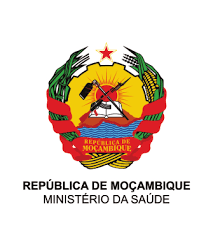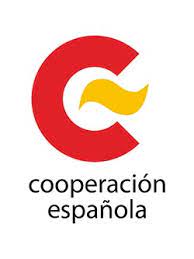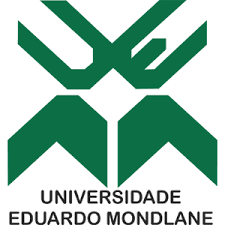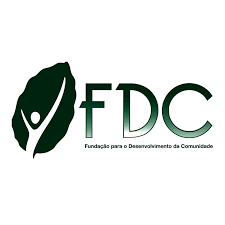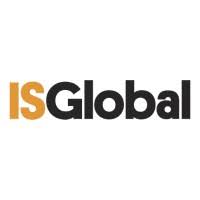POCUS4TB: NIHR Global Health Group on AI-assisted point-of-care ultrasound (AIPOCUS) for TB screening (POCUS4TB)
The Aim of this Global Health Research group is to develop and test an artificial intelligence (AI)-
supported point-of-care ultrasound (AI-POCUS) to improve the reach and quality of tuberculosis (TB)
screening in vulnerable adults and children through an international collaboration between researchers,
developers, clinicians, communities affected by TB and policy makers.
Background to the research: TB remains one of the leading causes of morbidity and mortality in much of
the world. To reduce the burden of TB and ultimately move towards ending TB, countries need to find
more people with TB. WHO advocates for screening in high burden settings including the use of chest xray
read by artificial intelligence (AI). While this is a sensitive screening tool, the infrastructure and staff
needed to deliver CXR is expensive. There is a growing interest in the potential role of point of care
ultrasound (POCUS) to screen for TB, but the evidence to date is limited and difficult to compare across
settings and studies due to different protocols and outcomes. Reading of ultrasound also requires highly
trained staff who are in short supply and therefore AI may provide a solution to this challenge.
Design and methods: This multi-disciplinary GHRG will conduct research and build capacity for POCUS,
research and machine learning through four work packages (WP), each addressing one of our stated
objectives. WP1 will CREATE an equitable partnership of four LMIC research institutions, all in high TB
burden settings, with two UK universities to coordinate the activities, develop capacity, and co-develop
and analyse the research studies. WP2 will OPTIMISE POCUS for TB. Each country will conduct a
different study around one aspect of POCUS, investigating the barriers and enablers to deployment of
POCUS, optimising acquisition protocols, understanding the role in children, the training needs of
operators and the potential role for monitoring of disease progression. WP3 will AUTOMATE POCUS by
piloting a federated machine learning approach, using POCUS images in their own countries, to develop
a prototype AI-POCUS. Alongside this automation we will conduct ethnographic and ethics research
around the role of AI in health care, with a focus on this project but also contextualising this in the wider
setting. WP4 will EVALUATE the AI-POCUS platform using a standardised protocol, developed using
learning from WP2 and WP3, across all 4 countries and involving adults and children, PLHIV and people
with drug resistant TB.
Community Engagement and Involvement: All the research groups involved in this GHRG regard
community engagement as critical for meaningful research. We have started by engaging individuals
representing organizations of people affected by TB in the development of this proposal. This group will
be strengthened throughout the project and will be engaged in capacity development and conducting
community-led research on the use of POCUS, including understanding patient and caregiver concerns
and desires for its deployment.
Dissemination: the research will be disseminated throughout the course of the project by engaging with
community, health care workers, national and international policymakers early during the project. Due to
the multi-disciplinary nature of the project, there will be many different routes for dissemination which will
include regular webinars, within-country meetings, scientific fora and papers as well as a stakeholder
symposium.
